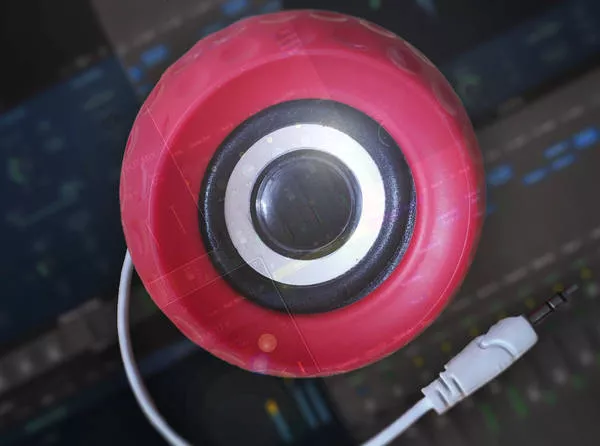Groove3 Mono-Compatible Width Explained TUTORIAL
Studio expert Larry Holcombe present in-depth Mono-mixing tutorials! Mono compatibility is tricky business, but if you want your music to sound its best regardless of setting, then it’s something you have to consider. You never know where someone is going to hear your music! Larry Holcombe teaches you several different strategies for creating width that won’t collapse in mono. With numerous examples demonstrated on various sources, you’ll be armed with effective tips that can help you create stellar mono-compatible mixes of your own. These videos are for those new to mixing in mono.
Larry begins by concentrating on the kick and snare, making use of multi-band dynamics and imaging on the kick. You’ll also be introduced to a free correlation meter to help you visualize phase problems between the left and right channels. Discover tools for creating mono-compatible bass, such as unison modes, oscillator phase considerations, and artificial width generation.
Next, learn how to manage the stereo width of shakers, creating a natural Haas effect width program that will work in mono as well. Then learn how to exploit ProQ-3’s ability to split and right while using a high pass filter to create phase discrepancies between the left and right channels of stereo claps.
Some of the other topics covered include stereo synth brass (using a combination of chorus and mid-side EQ), guitars (using Waves CLA Guitars), electric piano (sound designing a stereo patch), mono-focused EQ and compression, and more!
The video descriptions below will provide more detailed information on the contents of each lesson. Don’t neglect this important component in your mix; the added benefit to making your mix sound great in mono is that it usually results in an even better stereo mix! Don’t sell your mixes short… watch “Mono-Compatible Width Explained®” today!
- Share on Facebook






